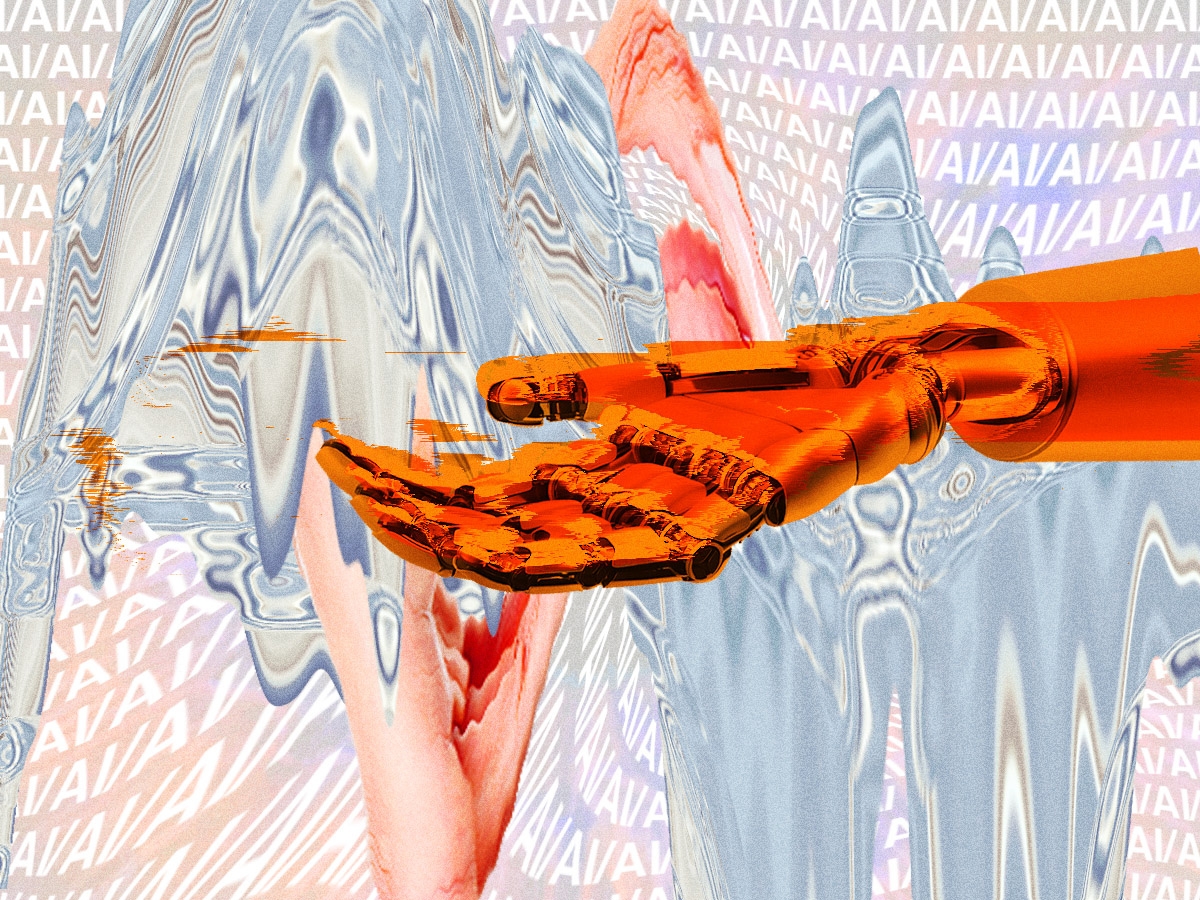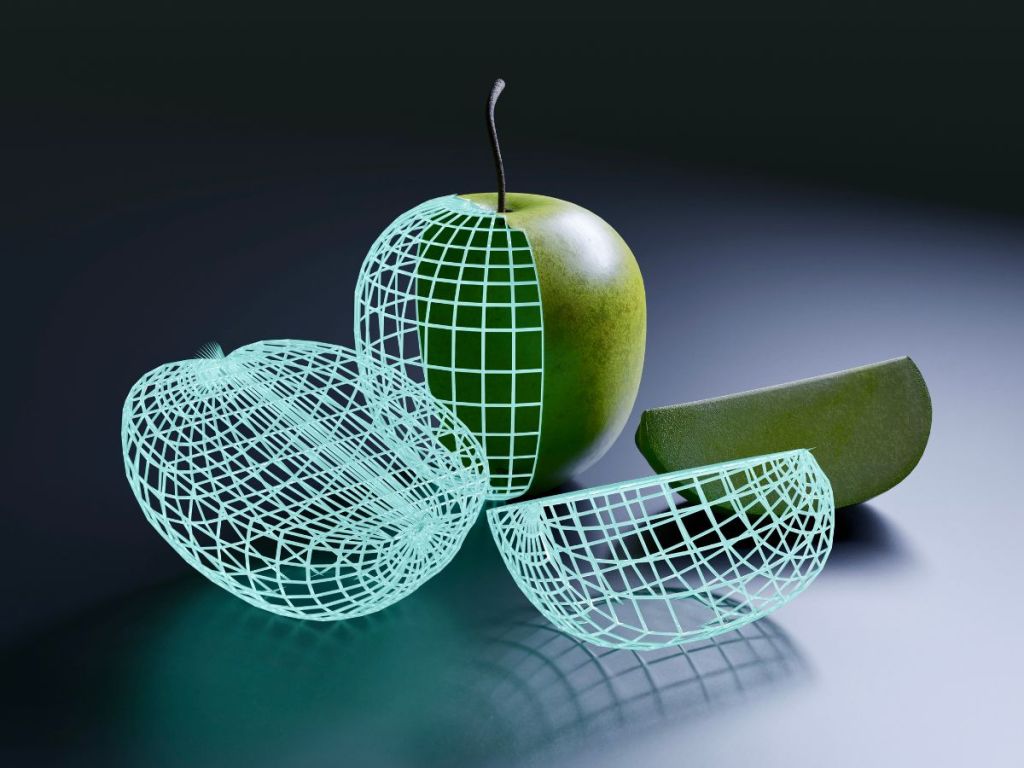Personally customised diets are thought to be the next big thing in nutrition science, and artificial intelligence (AI) is being used to optimise the process. Is this the weight loss program of the future? Or just another gimmick? Would you let an AI tell you what to eat?
But in order to create an individual plan for each human who wants to lose weight or eat more healthily, a lot of data has to be analysed. This includes blood, stomach bacteria in its trillions, and the reaction to certain foods each individual has. It is an overwhelming chunk of information, but AIs are starting to be used to help humans get across vast amounts of data.
CSIRO AI
Not only is diet important, but behaviour around weight loss is too. The CSIRO (Commonwealth Scientific and Industrial Research Organisation) is the national science agency of Australia. It is a government-funded organisation that conducts scientific research to help solve the most significant challenges facing Australia. Obesity is one of them.
They have come up with an AI app — called Hope — that they think will help Australians lose weight. They have based their app on a few different things that can lead to success.
Those who weighed in often, followed a menu plan faithfully and tracked food intake properly achieved greater weight loss than those who didn’t stick to these behaviours as much.
According to the CSIRO, “Hope’s insights are based on analysis of over 100 million data points collected by the CSIRO Total Wellbeing Diet platform since 2015. Hope uses machine learning to predict how much weight a Total Wellbeing Diet member could lose on the 12-Week Program, helping them divide their weight loss journey into manageable milestones. Half of all members who complete the 12-Week Program meet or beat Hope’s weight loss prediction.”
CSIRO Total Wellbeing Dietitian Pennie McCoy said that the app equips users with the real-time insights. “The latest science can transform health outcomes, with an innovation that uses data from Australians, for Australians, to achieve enhanced weight loss success throughout the entire program.
Diet AI tested by a Cardiologist
According to cardiologist Dr Eric Topol, it could be the time to move past some of our more traditional forms of food education. “Forget government-issued food pyramids. Let an algorithm tell you how to eat, he shared.
Dr Topol took part in an experiment using an AI diet, tracking everything he put in his mouth. He also recorded exercise, medication, sleep, exercise, and monitored his blood glucose levels. He even pooped in a jar and sent it away to have his gut bacteria analysed.
His data was run through the AI, and it spat out a personalised diet algorithm for him, to show him what food he should be eating to live a long healthy life.
The results shocked him. The AI told him that cheesecake was okay, but wholewheat figs bars were only just passable. He could eat strawberries, but he shouldn’t go so hard on the grapefruit. Mixed nuts were good, vege burgers were not so good.
“Needless to say,” he said, “it didn’t match what I thought I knew about healthy eating. It turns out, despite decades of diet fads and government-issued food pyramids, we know surprisingly little about the science of nutrition.”
Can we believe the AIs?
While AIs are becoming well-known for being utterly fallible and indeed even “hallucinating,” Dr Topol’s experiment is interesting. If the AI has got it right, it means that when it comes to weight loss, one size does not fit all, and that we should be eating a customised diet. AI could help us crunch the huge numbers it takes to assess each individual and their massive datasets.
Dr Topol says that in the past, studies about weight loss have serially contradicted one another. “Now the central flaw in the whole premise is becoming clear: the idea that there is one optimal diet for all people. Only recently, with the ability to analyse large data sets using artificial intelligence, have we learned how simplistic and naïve the assumption of a universal diet is. A good diet, it turns out, has to be individualised.”

AI Diet: Other AIs and Weight Loss
In another study in Israel, researchers used machine learning to analyse huge data sets in a diet experiment. What they discovered is that it wasn’t food that caused a glycaemic response to food. But instead, it was the gut bacteria in a person.
After viewing this study, Dr Topol said, “Here were two simultaneous firsts in nutritional science: one, the discovery that our gut microbiome plays such a big role in our unique response to food intake, and the other that this discovery was made possible by AI.”
While there are AI diet apps online at the moment, it is important to remind ourselves that it is early in the lifecycle of these apps, and that AIs still have a lot of problems. But it is a hopeful thought that using AI, we could solve a problem that has been growing around the world.
USA and AI weight loss
It’s not only Australia that has obesity issues. The US also is living through an obesity crisis. A study being undertaken at a Louisiana university also brings home the idea that diets may need to be personalised, and AI apps can do that quickly.
“We know what the best proposed diets are at the population level, but not yet on the individual level,” said Eric Ravussin, Professor at Pennington Biomedical Research Center. “We’re now at a point where we can take advantage of new technology, such as artificial intelligence, to uncover individual differences and make better predictions for how a change in diet can impact a person’s health.”
AI Diet: Australian Dietitians
Robert Hunt, the CEO of Dietitians Australia told The Chainsaw, Even with AI, there will always be a critical role for dietitians to support people with their diet and nutrition intake. However, if AI can automate processes like data crunching, this will allow more time for meaningful interaction between dietitians and their patients. With the right controls in place, technology like this could have the potential to bolster how accredited practicing dietitians provide advice and guidance to improve the health of Australians.
Is it time to let AI take over your shopping trolley? Rather than being a dystopian overlord, will AI bring huge benefits to humans?
If we can eat the cheesecake and still lose weight, I think we all are on the side of the AI on this one.



